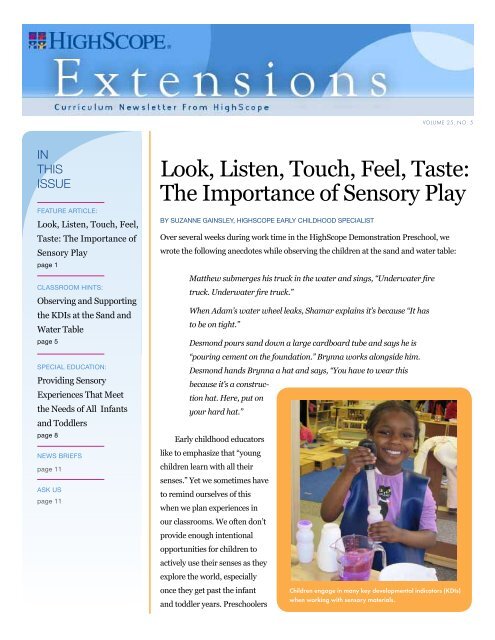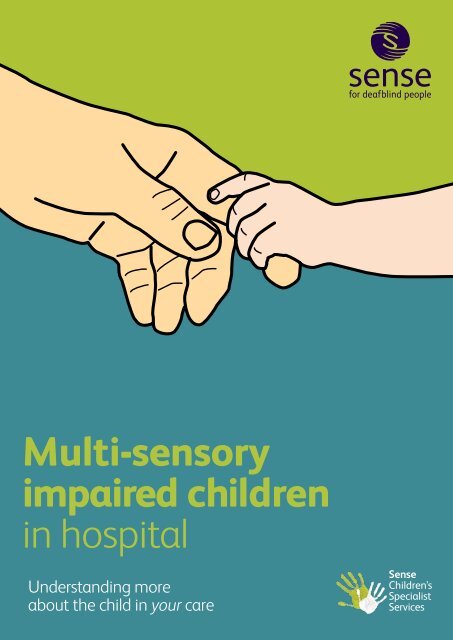SENSORY HOMEWARES Can Be Fun For Anyone
Table of ContentsSome Ideas on fidgets You Should KnowWhat Does special needs resources Mean?The 6-Minute Rule for fidgets
Symptoms of oral-motor as well as oral-sensory troubles Signs and symptoms of an electric motor trouble could consist of: Delayed development of textures due to the fact that the child can not literally take care of eating strong foods Slow or ineffective chewing Food left in the mouth Food falling from the mouth Gagging Coughing or choking Reduced consumption of food (the youngster might not consume enough calories because it takes as long to eat) Postponed breakthrough of various other feeding milestones (such as transitioning to a normal open cup from a sippy mug) Signs and symptoms of a sensory problem might include: Gagging Refusal to eat Weeping throughout meal times Throwing up Postponed consuming landmarks (the youngster may have the ability to tolerate liquids and purees yet have trouble with chewable foods, or the other way around) Unusual taste preferences (such as salsa on eggs) Food dropping from the mouth Threat of creating this problem Children who were birthed extremely early; that have GI, breathing or neurological conditions; or that have genetic disorders might be more likely to establish oral-motor and/or oral-sensory issues.Kids with oral-motor issues might have problem ingesting securely as well as could be at risk for goal and choking. Diagnosis as well as analysis of oral-motor and oral-sensory problems An extensive clinical history is essential: It is very important for your kid's medical team to recognize exactly how feeding has gone given that birth to understand where the problem began.
If there's a behavioral component to your youngster's feeding problem, the treatment strategy could consist of cognitive behavior modification. Whatever method we take, our goal is to make certain your child can consume securely and efficiently - try this site. After treatment Therapy length relies on the problem and also your youngster's age as well as ability level.

See This Report on sensory store
What is sensory handling problem? Sensory processing disorder is an inequality between the sensory stimuli of the setting as well as the mind's reaction to that stimuli - educational supplies. A youngster with sensory processing disorder might have a difficult time handling and acting upon the info they get from their detects, leading to challenges with daily tasks.
Sensory handling disorder signs and symptoms vary dramatically. Other signs webpage and symptoms that might show sensory processing problem include: Extreme mood swings, Clumsiness, Need for consistent motion, Over or under-sensitive to outdoors stimulations, Sensitive to loud noises, The youngster is intense, requiring, or hard to soothe, Trouble dropping asleep, Problem focusing, Slow to discover brand-new abilities, Sensory handling condition may affect one of the detects (touch, view, audio) or many senses, and the symptoms they cause are persistent and also impact daily life.

To find out more regarding treatment at Solaris Pediatric Treatment, call the workplace or demand a consultation online today.
The Sensory toys Ideas
All kids grumble about this and also that because that's what little youngsters do! Plus, they're naturally delicate to temperature level, structure and also other experiences at this age. Yet a few children are touchy-feely to the severe as well as these youngsters might have sensory processing problems. Problem handling specific sensations is the trademark of sensory handling issues, and also it can disclose itself in numerous ways, such as a marching band going by (sound) or t-shirt's scratchy tag (touch).
What are sensory processing problems? Sensory processing refers to the method in which a youngster responds to what he feels, preferences, scents, sees or listens to (fidgets). Examples of sensory issues include not being able to stand specific appearances versus one's skin, obtaining dismayed when an alarm screams by or preventing hugs (you could check here).
On the opposite end of the range are kids that have an under-sensitivity, or the hyposensitive tyoe of sensory issues (NDIS supplier). These kids are uncommonly indifferent to sensations as well as some may seem to be starved for excitement, frequently needing to touch, sniff and taste well outside the realm of suitable or common exploration.
Here's a sampling of some signs to search for: May hate being touched (if they're extremely delicate) or appear not able to withstand touching whatever (if they're under-sensitive)May discover it excruciating to put on clothing with tags or rough fabrics if they're very sensitive to touch, or seem insensitive to pain, extreme warmth or cold as a result of an under-sensitivity to stimuli, May spin around frequently or have problem balancing, Can be perturbed as well as overstimulated by loud audios and bright lights, May display extreme food hostilities (beyond hating broccoli)May be excessively scared of swings and other play area apparatus May be deeply disturbed by dirt on their hands or faces, Can require extreme help to drop off to sleep (assume hrs of shaking as well as special noise equipments)Constantly head banging, May have problem being mild with pets, May regularly touch things and also individuals, or otherwise comprehend individual area when various other kids do, May have a really high tolerance for discomfort, May act really spooked or be incapable to rest still, May yearn for fast rotating, tough hugs, or love being tossed in the air or leaping on furniture, What triggers sensory processing concerns in children? While the specific causes are unknown, it's thought that a combination of hereditary and ecological aspects may add to sensory processing concerns.